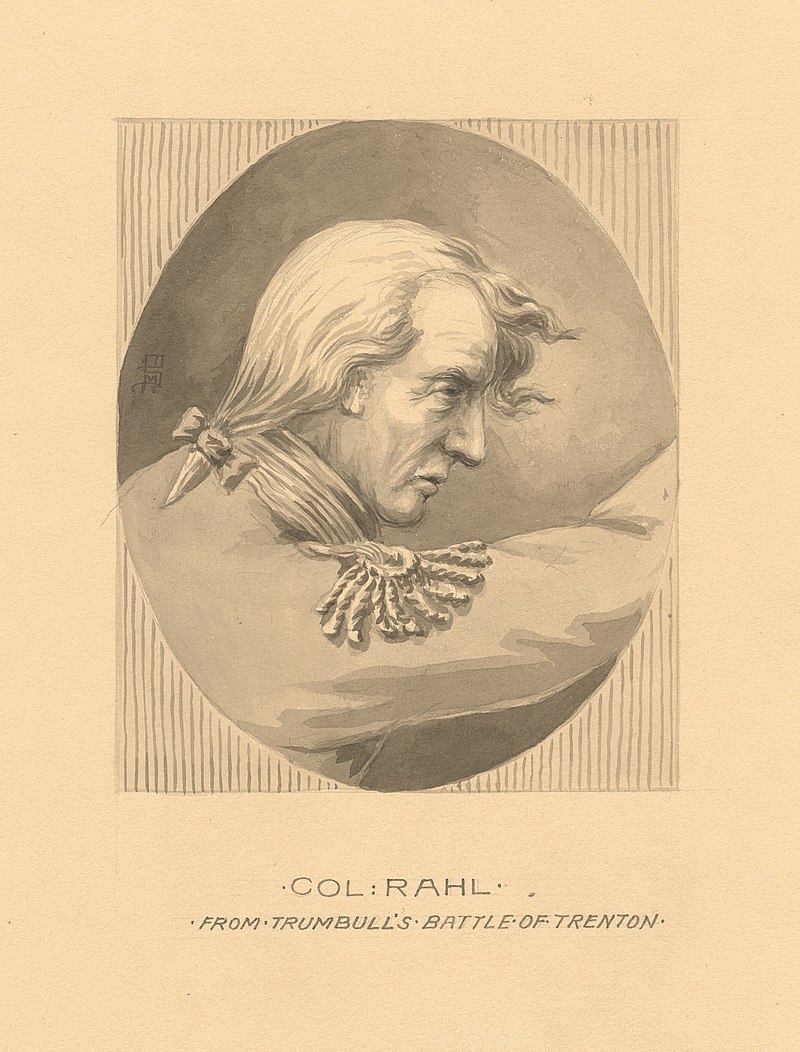Contents

Contents
Quick facts
- Born: c. 1726 in Hesse-Kassel (now part of Germany).
- Johann Gottlieb Rall was a Hessian colonel in the British service during the American Revolutionary War, known for his leadership in several battles.
- He commanded the Hessian forces during the crucial Battle of Trenton, where his troops faced a surprise attack by George Washington’s army.
- He was mortally wounded during the Battle of Trenton and died shortly after his capture by American forces.
- Rall was known for his aggressive combat style and was highly respected by his troops for his bravery in battle.
- His death at Trenton marked a significant turning point in the Revolutionary War, boosting American morale and altering the war’s course.
- Buried the cemetery of the First Presbyterian Church in Trenton, New Jersey.
Biography
Johann Gottlieb Rall, a German colonel who served during the American Revolutionary War, was born in 1726, in Hesse-Kassel. He was a son of Captain Joachim Rall from Stralsund, who served in the regiment of Major General Carl Emil von Donop.
Rall began his military career in 1740, when he joined the army of the Electorate of Brunswick-Lüneburg. He served in the Seven Years’ War (1756—63), fighting on the side of the British against the French. Rall quickly rose through the ranks and was promoted to the rank of colonel in 1762.
In 1775, Rall was sent to North America to fight in the American Revolutionary War, serving under British General William Howe.
He was given command of a regiment of Hessian troops and was sent to New Jersey. In December of 1776, Rall and his troops were stationed in Trenton, New Jersey, when they were surprised by a group of American soldiers led by General George Washington. Despite being outnumbered and caught off guard, Rall led his troops into battle. However, the Hessian troops were quickly defeated by the Americans, and Rall was mortally wounded with two shots to his side. He was carried back to his headquarters and died the next day.
Rall’s death was a significant loss for the British and Hessian forces, as he was an experienced and respected military leader. His death also had a profound impact on the course of the war, as it boosted the morale of the American soldiers and helped to turn the tide of the conflict in their favor.
Johann Gottlieb Rall is remembered as a brave and loyal soldier who gave his life in service to his country. His legacy lives on in the town of Trenton, where a marker commemorates his headquarters and death.

